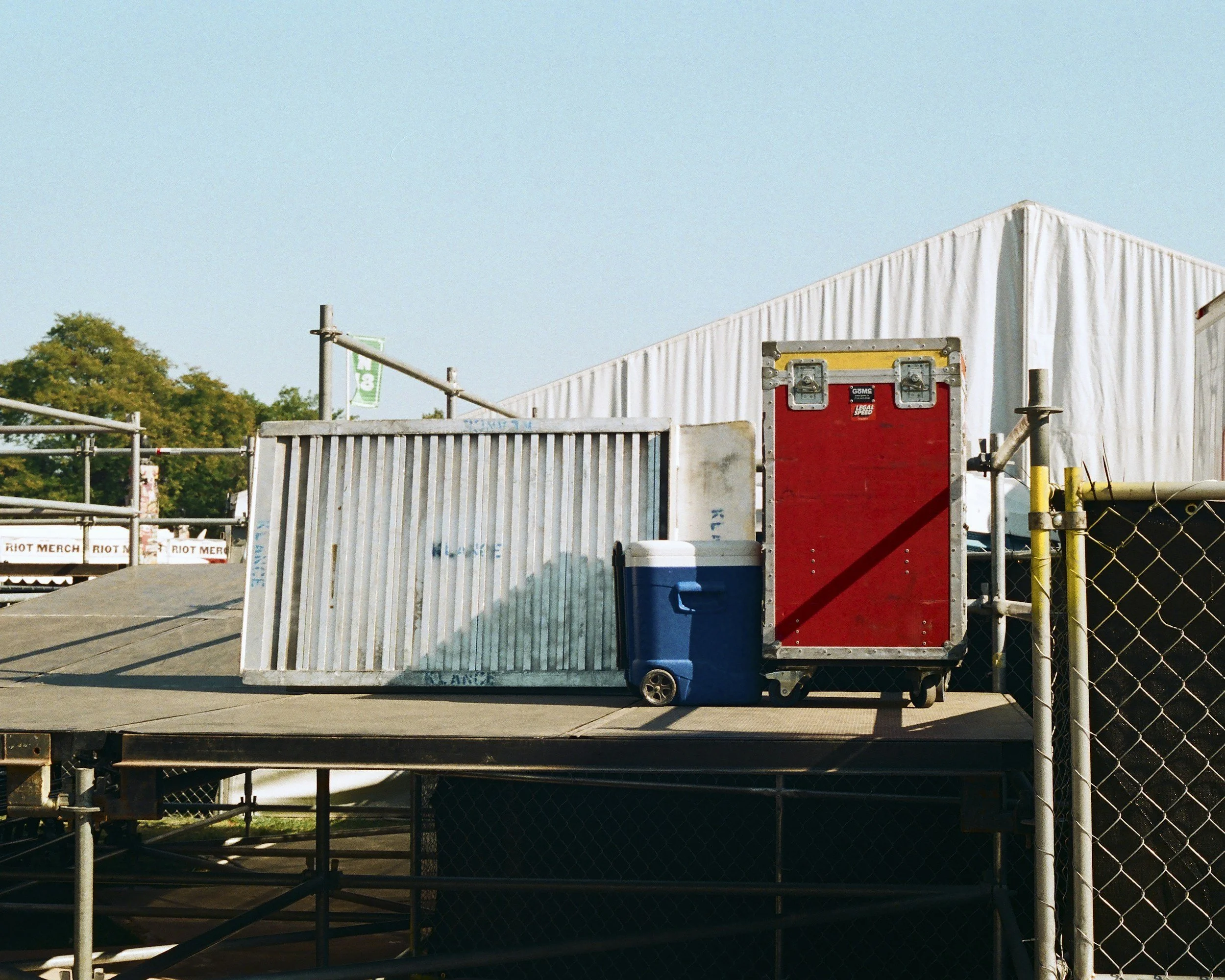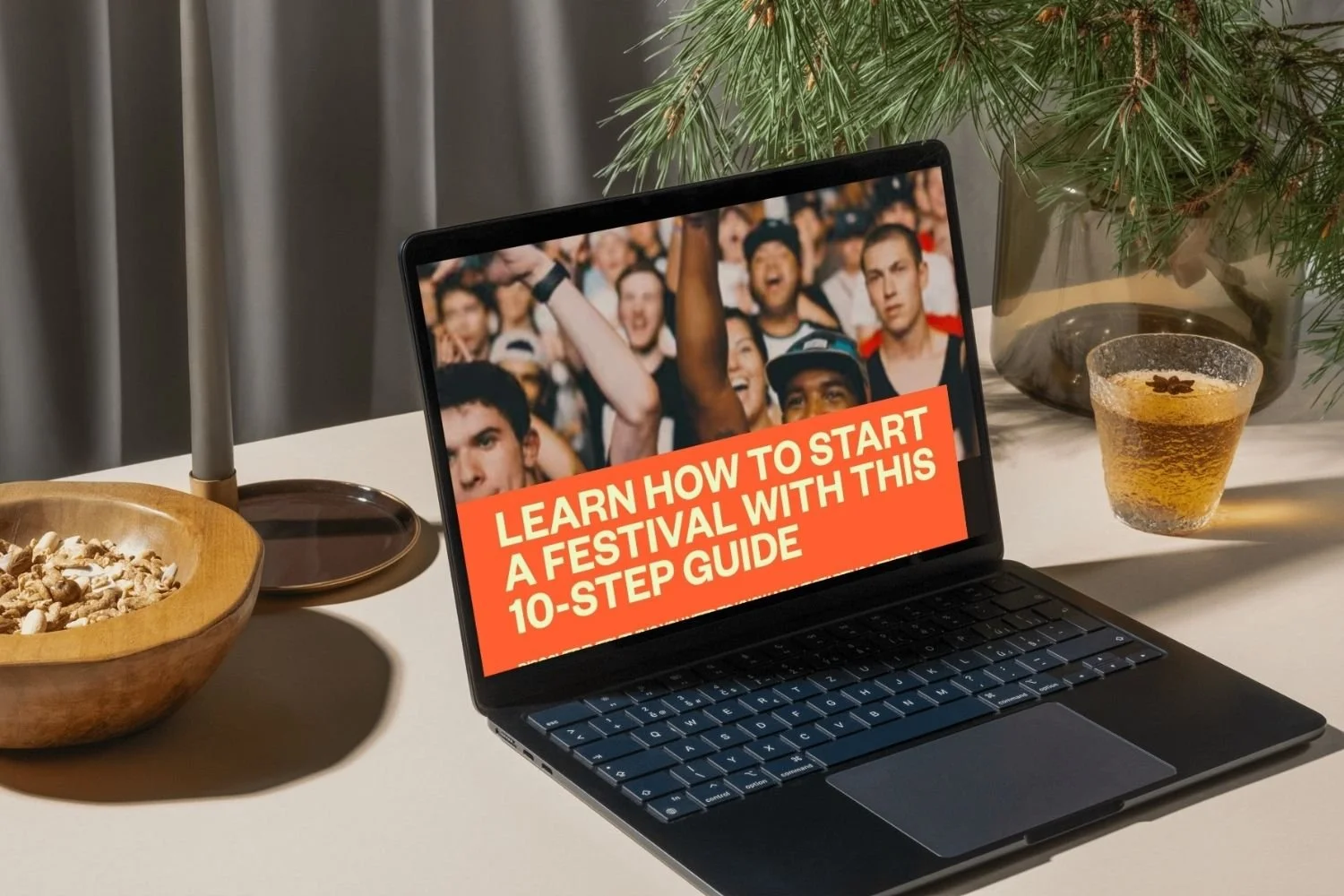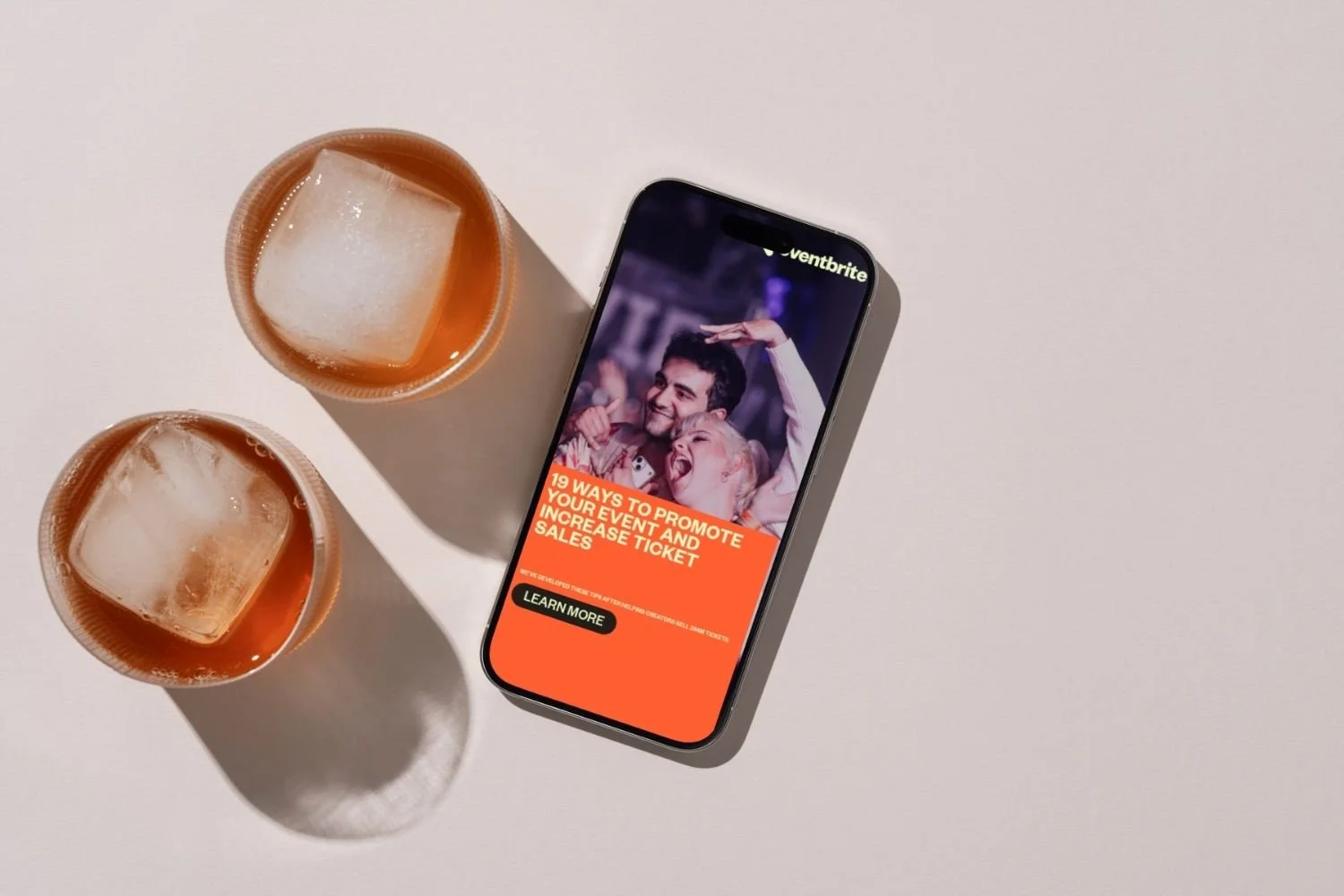Still Using Spreadsheets? You’re Not Alone
With all the fancy new platforms out there (e.g. automated dashboards, integrated CRMs, cloud-based management tools) it’s easy to feel like using spreadsheets makes you look out of date.
But here’s the truth: most professional event planners still rely on spreadsheets every single day. Not because they don’t know better tech exists, but because spreadsheets work.
This article explores why spreadsheets remain a staple in event planning, when to use them (and when not to), and how to make the most of them without apology.
Why Spreadsheets Stick
There are four simple reasons event planners still reach for Excel or Google Sheets:
They’re fast.
You don’t need a log-in or a tutorial. You open a blank sheet, start typing, and you’re off. It’s that fast.They’re flexible.
Unlike platforms that force you into templates or workflows, spreadsheets bend to your process, not the other way around.They’re portable.
No signal? No problem. You can export, share, or print what you need. In a high-stakes bump-in, reliability wins.They’re universal.
Whether you’re working with a freelancer or a council officer, chances are they know how to read a spreadsheet. You don’t have to teach anyone how to use your system.
Spreadsheets are the Swiss Army knife of planning tools. Sure, there’s newer tech—but few things are as quick, familiar, and functional.
What You Can Do With Them
If you’re only using spreadsheets for budgets, you’re missing out. Here are a few other ways event professionals use them:
Run sheets with automatic formatting
Vendor contact lists with status flags
Task trackers for multi-person teams
Risk registers with priority scoring
Seating plans (yep, it works)
Bump-in and bump-out schedules
Equipment manifests
Budget vs actual spend tracking
With a bit of structure, a simple spreadsheet becomes a custom-built planning tool tailored exactly to your event.
When Spreadsheets Fall Short
Of course, spreadsheets aren’t perfect.
If you’re managing multiple events at once, collaborating across teams in real time, or dealing with hundreds of interlinked moving parts, you may hit the ceiling.
Spreadsheets don’t:
Send reminders
Auto-update dependencies
Track version history in complex workflows
Integrate easily with marketing, ticketing, or customer data platforms
In those cases, a more robust platform may be worth the switch—but only if it truly supports your workflow, not just replaces it.
There have been times when I built the most incredible streamlined system, that nobody wanted to use!
Pro Tips to Make Spreadsheets Even Better
Use colour-coding strategically to guide the eye and help you find information quickly.
Freeze top rows or columns for clarity on scroll-heavy docs.
Build drop-down menus to reduce input errors.
Use conditional formatting to flag overdue tasks or budget blowouts.
Create templates you can re-use for future events. (Or grab ours—designed by real planners who live this stuff.)
Most professional event planners still rely on spreadsheets every single day. Not because they don’t know better tech exists, but because spreadsheets work. There’s no shame in sticking with spreadsheets. In fact, it’s often the smartest move—especially when time is tight and the stakes are high.
You don’t need the flashiest tool.
You need the one that gets the job done. And if that’s a spreadsheet? Then you're planning like a pro.
You Might Also Like
Meet Your Mentor
Hey! I’m Rachella — founder of Event Kit and an Event Consultant with 25+ years of experience running world-class festivals and public events. I created Event Kit because I knew there had to be a smarter, less overwhelming way to plan pro-level events.
EVENT KIT LIBRARY
Guides & Tutorials: Expert Insights & Event Planning Inspiration
Your go-to for practical event planning advice, from beginner basics to smart professional development.













